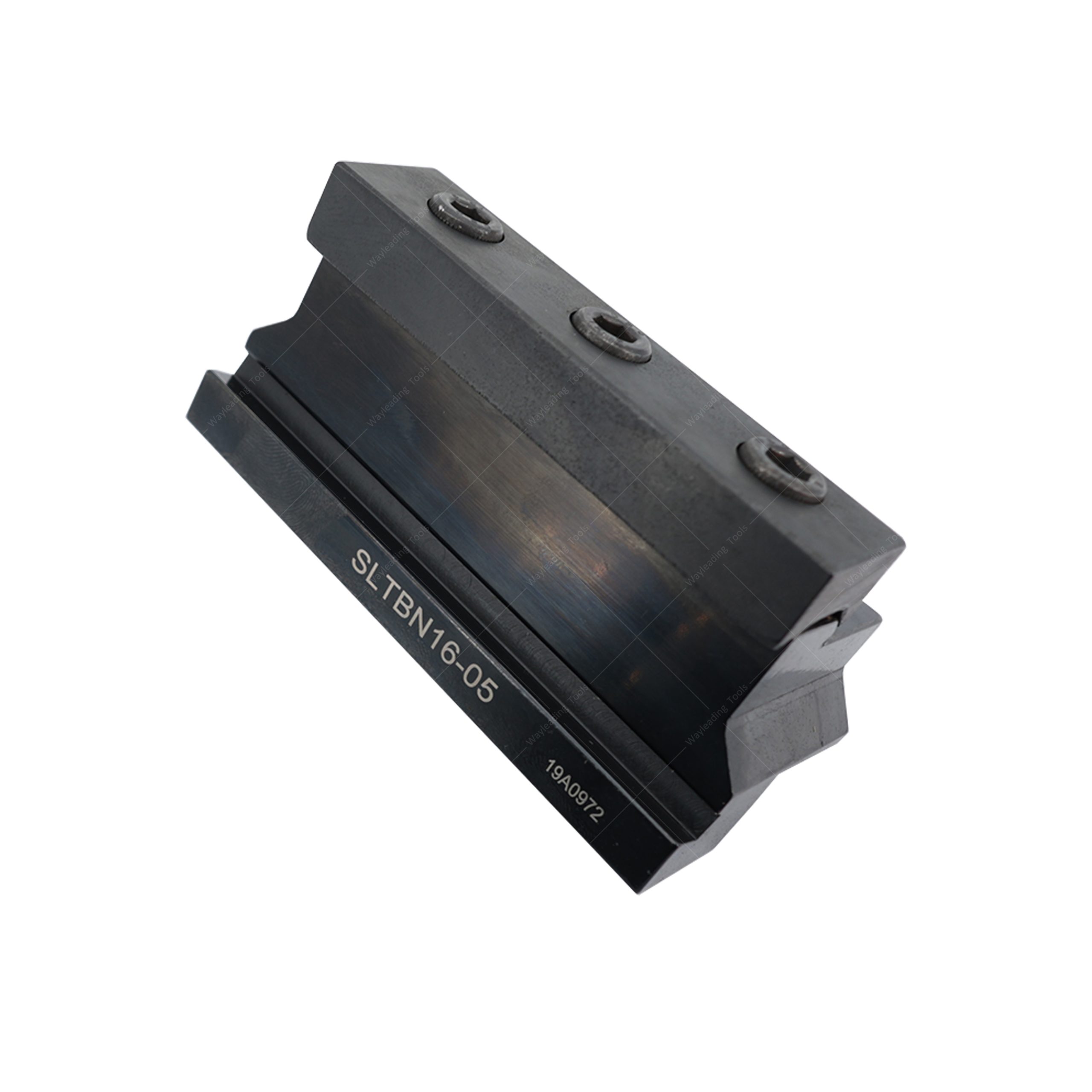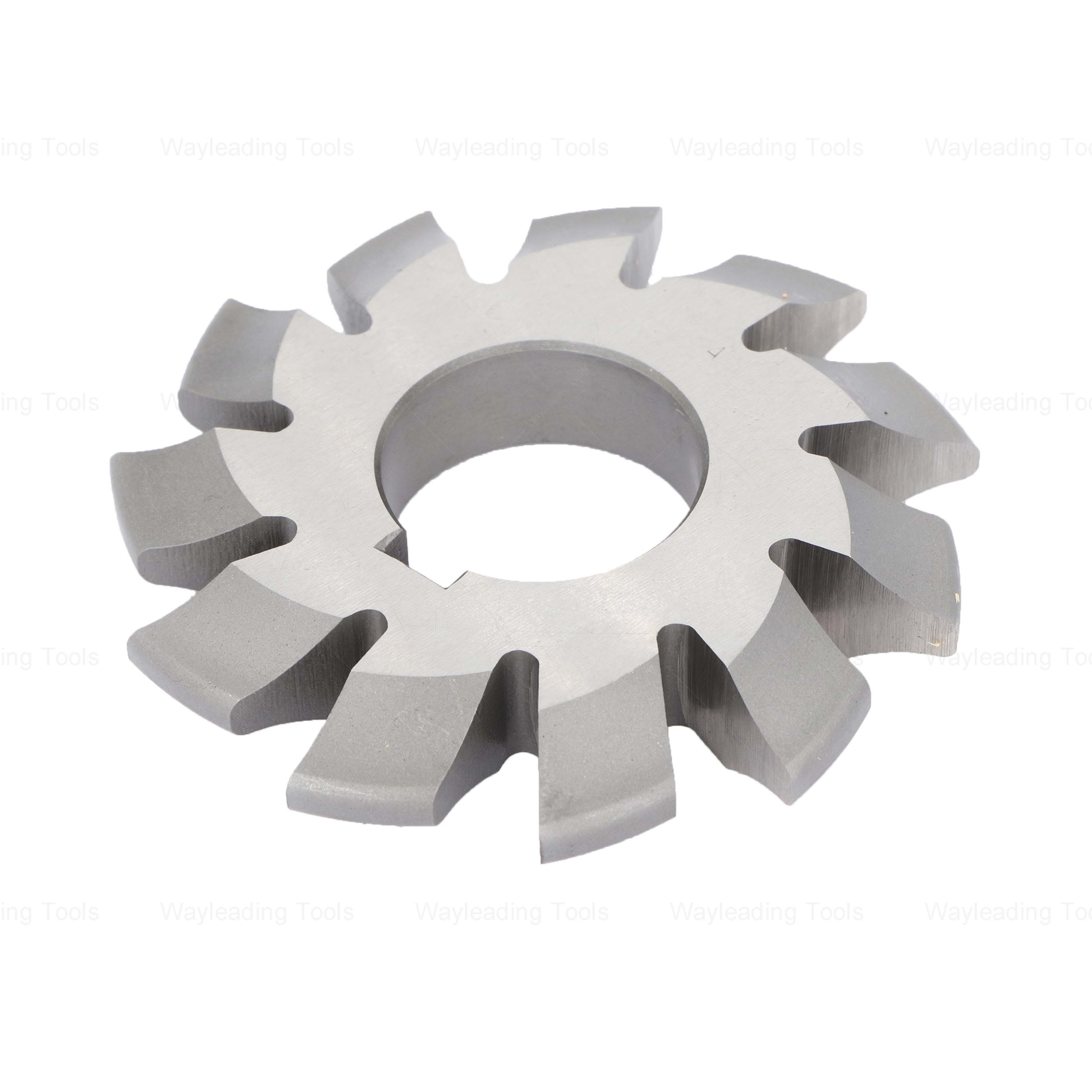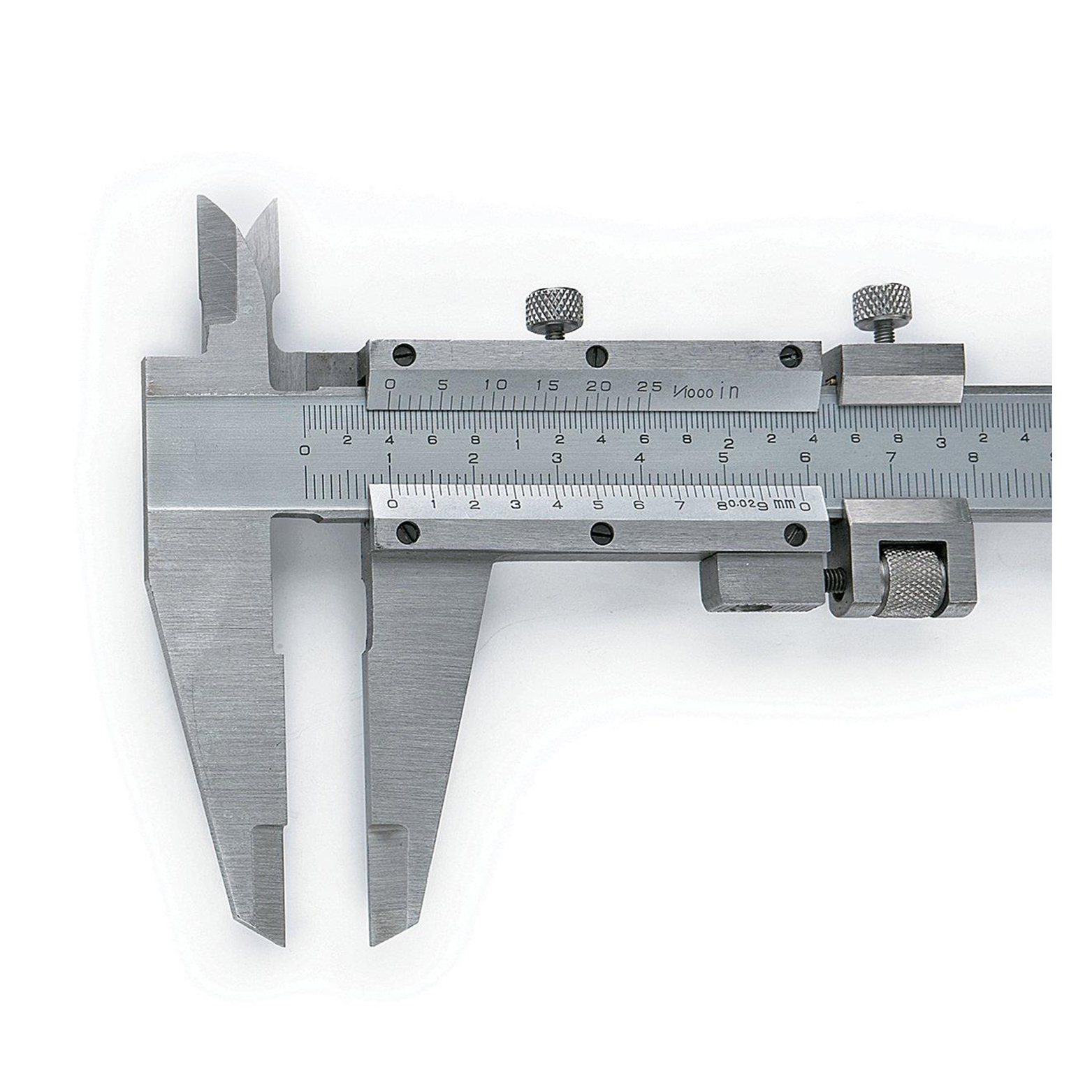plug taps Manufacturer
Plug taps, essential tools in threading, are used to create internal threads in pre-drilled holes. They feature a tapered cutting edge for easier starting and gradual cutting, making them suitable for general-purpose threading in various materials. This guide explores their applications, types, and selection criteria, providing valuable insights for manufacturers and machinists.
Understanding Plug Taps
Plug taps, also known as second taps, are a type of hand tap used to cut threads in a hole. They are designed to be used after a taper tap, but can also be used as a single tap in through holes or soft materials. They are identified by having 3-5 threads chamfered (tapered) at the end, allowing for gradual cutting action. They are an indispensable part of the machinist's toolkit, especially for creating clean and accurate threads.
Key Features of Plug Taps
- Tapered Cutting Edge: Allows for easier starting and gradual cutting.
- Versatile Application: Suitable for general-purpose threading in various materials.
- Intermediate Cut: Typically used after a taper tap for a more complete thread.
- Material Options: Available in high-speed steel (HSS), carbon steel, and other materials.
Types of Plug Taps
Plug taps come in various types to cater to different threading needs. Understanding these types is crucial for selecting the right tap for a specific application.
Hand Plug Taps
Hand plug taps are designed for manual use with a tap wrench. They are ideal for small-scale threading jobs and offer precise control over the threading process.
Machine Plug Taps
Machine plug taps are designed for use in power-driven machines like drill presses or CNC machines. They offer faster threading and are suitable for high-volume production.
Spiral Point Plug Taps
Spiral point plug taps, also known as gun taps, feature a spiral point that pushes chips ahead of the tap, preventing chip clogging in through holes. The offerings from Wayleading Tools, a leading plug taps manufacturer, include options like these. Visit www.wayleading.com for details.
Spiral Flute Plug Taps
Spiral flute plug taps have spiral flutes that pull chips back and out of the hole, making them ideal for blind holes where chip evacuation is crucial.
Materials Used in Plug Taps
The material of a plug tap significantly affects its performance and lifespan. Common materials include:
High-Speed Steel (HSS)
HSS plug taps offer good wear resistance and are suitable for threading a wide range of materials. HSS is a popular choice due to its balance of hardness and toughness.
Carbon Steel
Carbon steel plug taps are less expensive but offer lower wear resistance compared to HSS taps. They are suitable for threading softer materials like aluminum and plastic.
Cobalt Steel
Cobalt steel plug taps offer enhanced heat and wear resistance, making them suitable for threading harder materials like stainless steel and titanium.
Powdered Metal (PM) Steel
PM Steel plug taps are made with a powder metallurgy process, allowing for high alloy content and superior performance when threading difficult-to-machine materials.
Selecting the Right Plug Tap
Choosing the correct plug tap is crucial for achieving optimal threading results. Consider the following factors when selecting a tap:
Material to be Threaded
The material of the workpiece is a primary consideration. Softer materials like aluminum require less aggressive taps, while harder materials like stainless steel require taps made of cobalt steel or PM steel.
Hole Type
Consider whether the hole is a through hole or a blind hole. Spiral point taps are ideal for through holes, while spiral flute taps are better suited for blind holes.
Thread Size and Pitch
Ensure the tap's thread size and pitch match the desired thread specifications. Use a thread gauge to verify the thread dimensions.
Tap Style
Select the appropriate tap style based on the application. Hand taps are suitable for manual threading, while machine taps are designed for power-driven machines.
Applications of Plug Taps
Plug taps are used in a wide range of applications, including:
General-Purpose Threading
Plug taps are commonly used for general-purpose threading in various materials, including steel, aluminum, and plastic.
Automotive Repair
Plug taps are used to repair damaged threads in automotive components, such as engine blocks and cylinder heads.
Manufacturing
In manufacturing, plug taps are used to create threaded holes for fasteners in various products, from electronics to machinery.
Plumbing
Plug taps are used to create threaded connections for pipes and fittings in plumbing systems.
Tips for Using Plug Taps
Following these tips can help ensure successful threading with plug taps:
- Use a cutting fluid to lubricate the tap and reduce friction.
- Apply even pressure when tapping to avoid breaking the tap.
- Back the tap out periodically to break chips and prevent clogging.
- Use a tap wrench with a comfortable grip for better control.
- Clean the tapped hole after threading to remove any remaining chips.
Troubleshooting Common Issues
Even with careful use, issues can arise when using plug taps. Here's how to address some common problems:
Tap Breakage
Tap breakage can occur due to excessive force, incorrect tap selection, or inadequate lubrication. Use the correct tap for the material, apply even pressure, and use a cutting fluid to prevent breakage.
Thread Stripping
Thread stripping can occur if the tap is forced or if the pilot hole is too large. Ensure the pilot hole is the correct size and avoid applying excessive force.
Chip Clogging
Chip clogging can occur in blind holes. Use a spiral flute tap and back the tap out periodically to remove chips.
Benefits of Choosing a Reputable Plug Taps Manufacturer
Selecting a reputable plug taps manufacturer like Wayleading Tools ensures high-quality taps that offer reliable performance and long lifespan. Wayleading Tools, a reliable plug taps manufacturer, focuses on precision engineering and quality control. Find out more at Wayleading Tools' website.
Quality Materials and Manufacturing
Reputable manufacturers use high-quality materials and advanced manufacturing processes to produce durable and accurate taps.
Wide Range of Options
A reputable manufacturer offers a wide range of plug taps in various sizes, materials, and styles to meet different threading needs.
Technical Support
A reputable manufacturer provides technical support to help customers select the right tap for their application and troubleshoot any issues.
Plug Taps: A Comparative Look at Performance
Here’s a comparative overview of different types of plug taps based on their material and application:
| Tap Material | Best Use Case | Pros | Cons |
|---|---|---|---|
| High-Speed Steel (HSS) | General-purpose threading | Good wear resistance, versatile | Not ideal for very hard materials |
| Carbon Steel | Softer materials like aluminum | Cost-effective | Lower wear resistance |
| Cobalt Steel | Harder materials like stainless steel | Enhanced heat and wear resistance | More expensive |
| Powdered Metal (PM) Steel | Difficult-to-machine materials | Superior performance and durability | Highest cost |
Conclusion
Plug taps are essential tools for creating internal threads in various materials. Understanding the different types, materials, and applications of plug taps is crucial for selecting the right tap for a specific job. By following the tips and troubleshooting guidelines outlined in this guide, manufacturers and machinists can achieve optimal threading results. Consider Wayleading Tools for high-quality plug taps.
Related products
Related products
Best selling products
Best selling products-
 Precision V Block And Clamps Set With High Quality Type
Precision V Block And Clamps Set With High Quality Type -
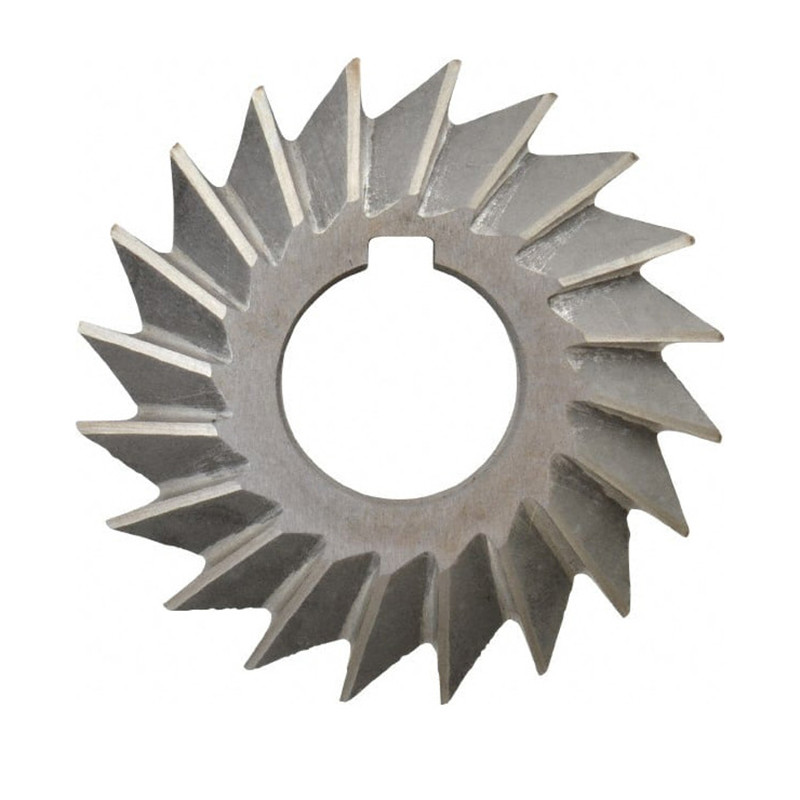 HSS Inch & Metric Single Angle Milling Cutter For Industrial With Bright Or TiN Coated
HSS Inch & Metric Single Angle Milling Cutter For Industrial With Bright Or TiN Coated -
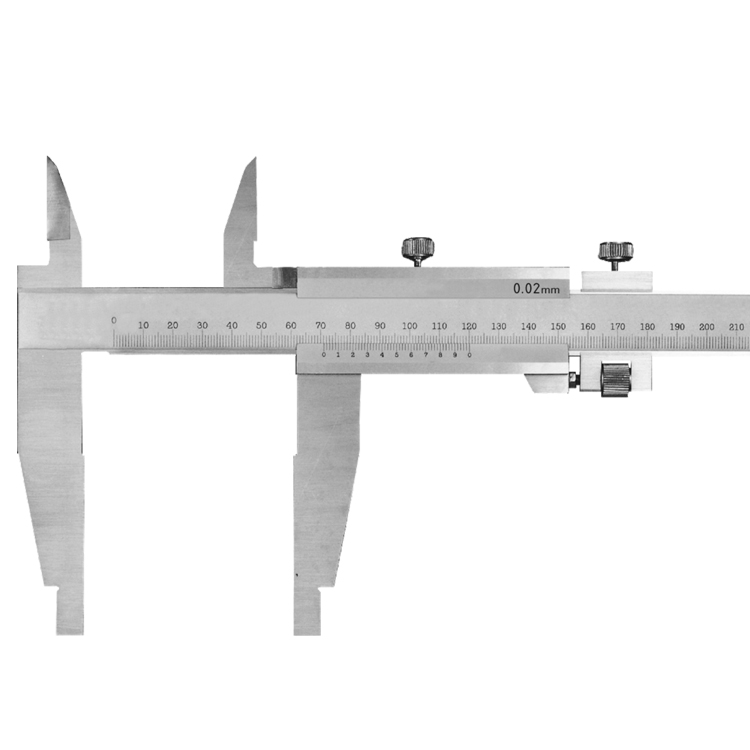 Precision Monoblock Vernier Caliper With Nib Style & Standard Style Jaws Of Metric & Imperial For Industrial
Precision Monoblock Vernier Caliper With Nib Style & Standard Style Jaws Of Metric & Imperial For Industrial -
 HSS Metric 4 Flute End Mills With Bright Or TiN And TiAlN Coated
HSS Metric 4 Flute End Mills With Bright Or TiN And TiAlN Coated -
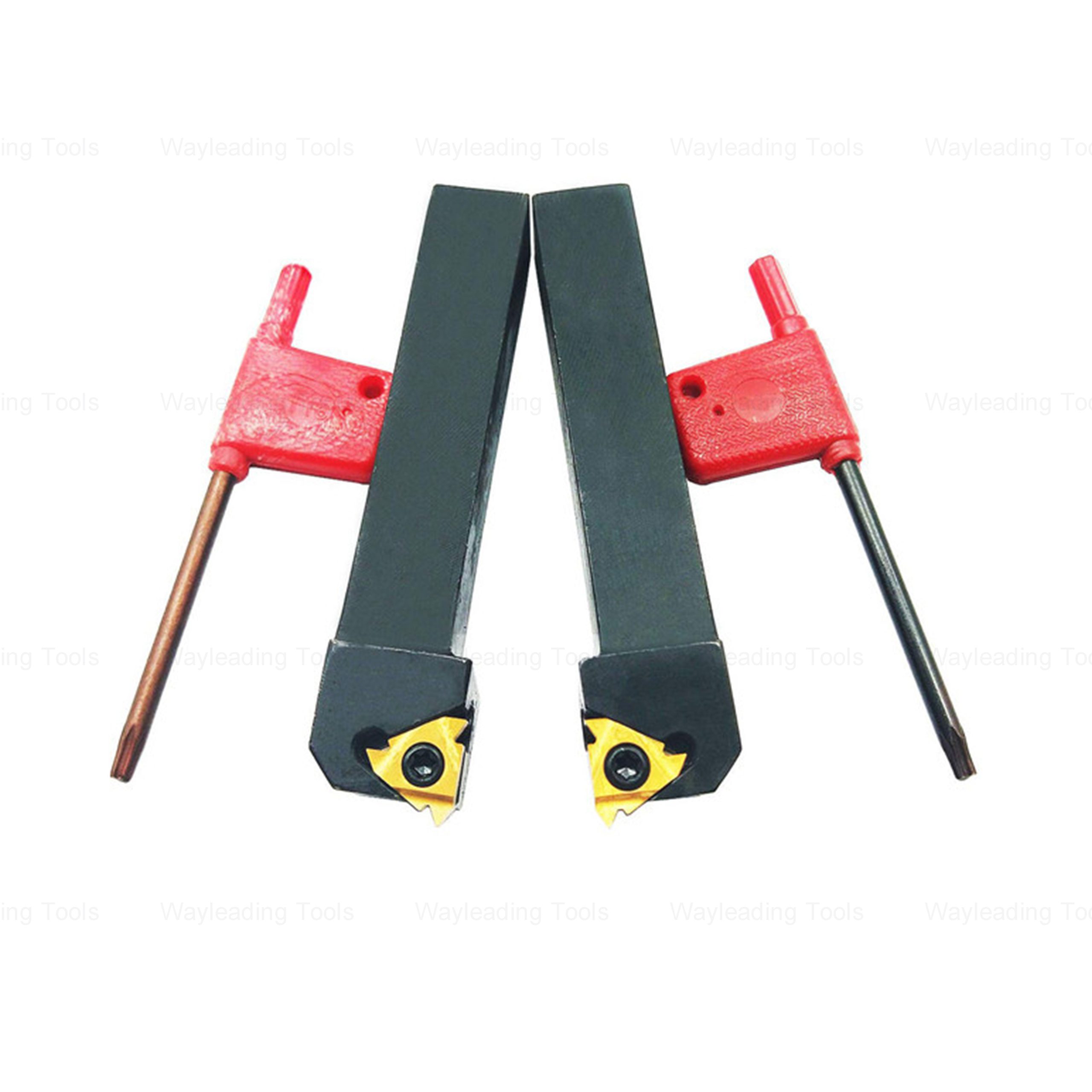 Indexable External Threading Tool Holder – SER / SEL, Metric & Inch
Indexable External Threading Tool Holder – SER / SEL, Metric & Inch -
 MT/R8 Shank Quick Change Tapping Chuck With MT & R8 Shank
MT/R8 Shank Quick Change Tapping Chuck With MT & R8 Shank -
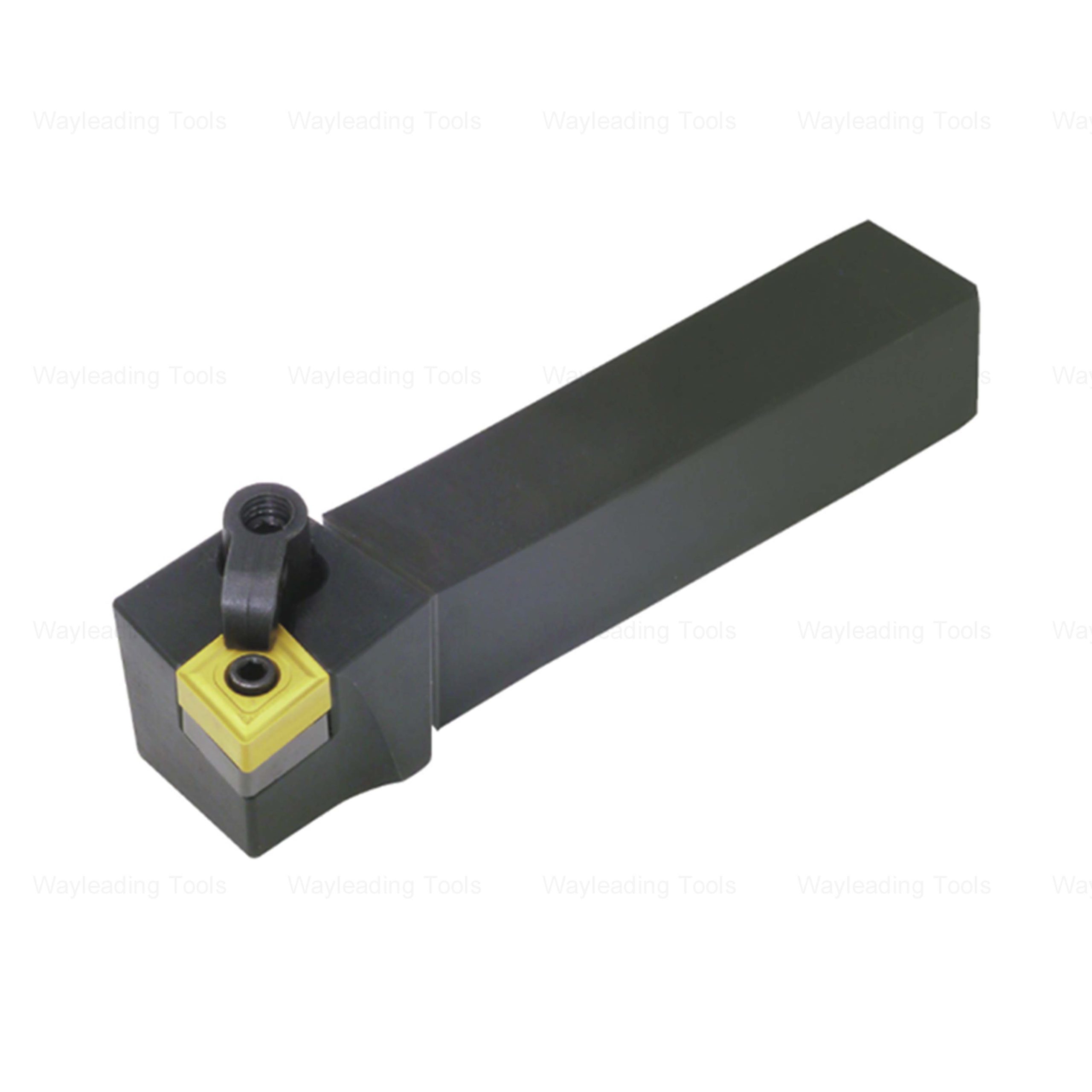 MCLN Indexable Turning Tool Holder
MCLN Indexable Turning Tool Holder -
 Auto Self Reversible Tapping Chuck In Drill Machine
Auto Self Reversible Tapping Chuck In Drill Machine -
 Precision Monoblock Fine-Adjustment Vernier Caliper Of Metric & Imperial For Industrial
Precision Monoblock Fine-Adjustment Vernier Caliper Of Metric & Imperial For Industrial -
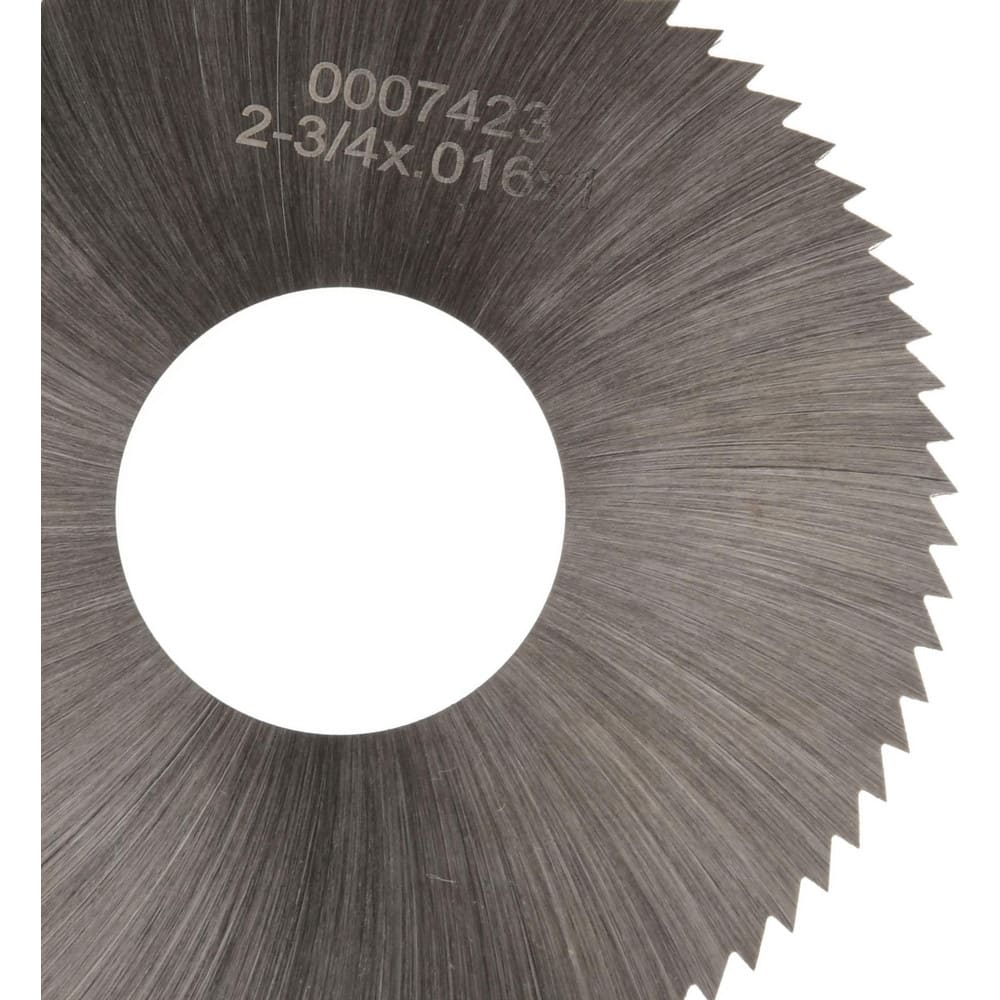 HSS Inch Plain Metal Slitting Saws For Industrial
HSS Inch Plain Metal Slitting Saws For Industrial -
 Precision V Block Set With High Quality Type
Precision V Block Set With High Quality Type -
 Precision 7pcs Angle Blocks Set With High Quality Type
Precision 7pcs Angle Blocks Set With High Quality Type
Related search
Related search- MCBN turning tool holder Supplier
- carbide tipped lathe tools Manufacturers
- High-Quality 4 jaw lathe chuck
- 30pcs indexable boring bar set Factory
- G55 threading insert Factory
- Wholesale milling machine arbor
- gear cutter Factory
- face grooving toolholders Suppliers
- Wholesale End Mills
- self centering lathe chuck Manufacturer


